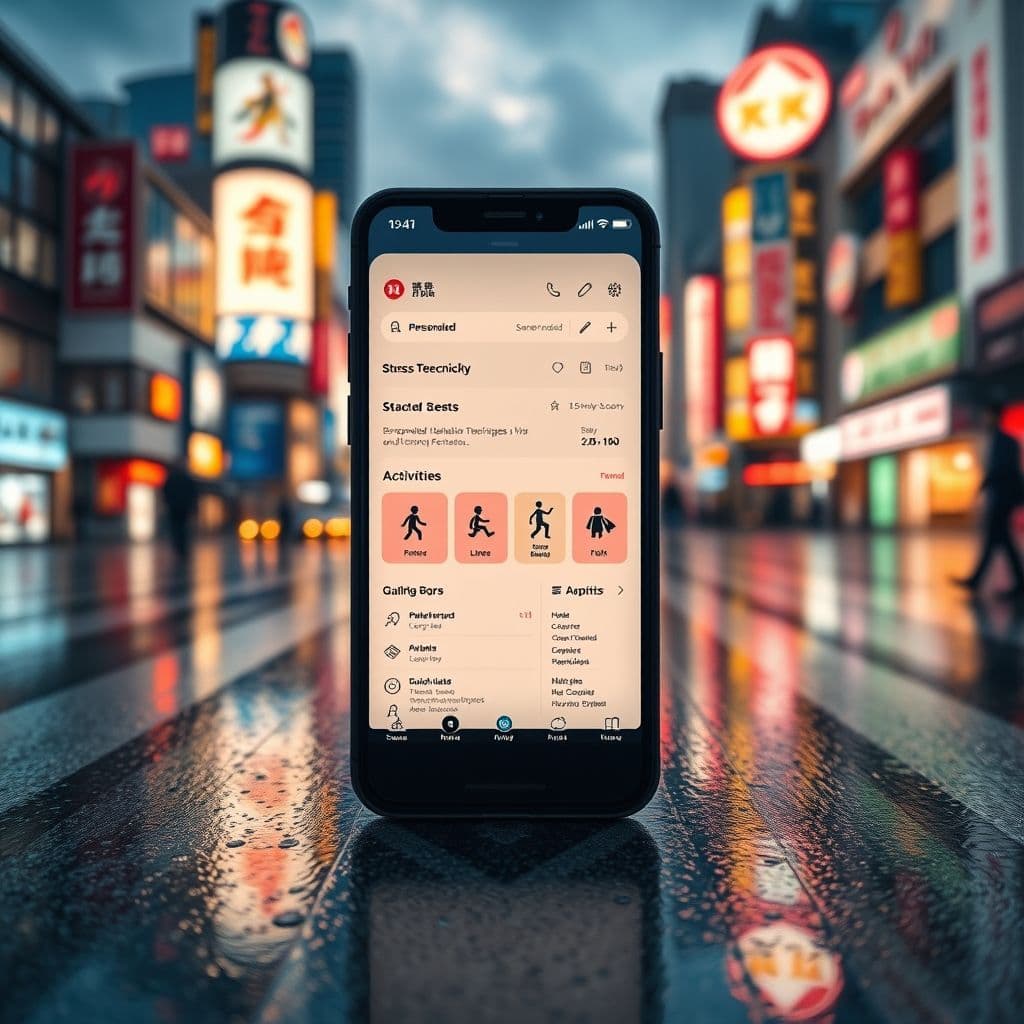The Hidden Struggle: Why We Don't Know How to Comfort Ourselves

Have you ever stopped to ask yourself, 'How do I comfort myself?' For many, the answer isn't as straightforward as it seems. In a world where stress is constant and burnout is rampant, the ability to self-soothe and manage stress effectively is more critical than ever. Yet, as highlighted in a recent viral TikTok video, many of us don't even know where to begin. This article delves into the hidden struggle of finding comfort and explores a potential SaaS solution that could revolutionize how we approach self-care.
The Problem: Why We Struggle to Comfort Ourselves
The comments on the TikTok video reveal a common theme: people are overwhelmed by stress but don't know how to comfort themselves. Many admit to bottling up their emotions, only to face physical symptoms like hair loss, styes, and increased bleeding gums. The issue isn't just about recognizing stress—it's about not having the tools or strategies to manage it effectively. As one commenter put it, 'I can stop stressors, but I don't know how to comfort myself.'

The Idea: A Personalized Mental Wellness Platform
Imagine a SaaS platform designed to help users discover and practice personalized self-comfort strategies. This tool would use AI to analyze individual stress triggers and recommend tailored activities, from guided relaxation techniques to simple daily rituals. The platform could include features like mood tracking, stress level assessments, and a library of comfort activities curated by mental health professionals.
The key differentiator? This platform wouldn't just offer generic advice—it would learn from user interactions to refine its recommendations over time. For example, if a user finds solace in walking but dreads puzzles, the system would adapt to suggest more outdoor activities and fewer puzzles. The goal is to make self-comfort feel intuitive, not like another chore on the to-do list.

Potential Use Cases
This platform could be invaluable for busy professionals who struggle to disconnect from work, parents juggling multiple responsibilities, or students overwhelmed by academic pressure. For instance, a user who consistently feels stressed after work could receive a notification suggesting a short walk or a guided breathing exercise. Over time, the platform could identify patterns—like the user feeling more stressed on Mondays—and proactively offer support.
Conclusion
The struggle to find comfort in stressful times is a universal yet often overlooked issue. While the idea of a personalized mental wellness platform is still in the conceptual stage, it highlights the urgent need for better tools to manage stress and self-care. By leveraging technology to tailor solutions to individual needs, we could take a significant step toward preventing burnout and improving overall mental health. What would your ideal self-comfort tool look like? Share your thoughts in the comments.
Frequently Asked Questions
- How would this SaaS platform differ from existing mental health apps?
- Unlike many current apps that offer generic advice, this platform would use AI to personalize recommendations based on user behavior and preferences, making self-comfort strategies more effective and easier to adopt.
- What are the biggest challenges in developing such a platform?
- The main challenges include ensuring data privacy, creating an intuitive user interface, and accurately capturing user stress levels without being intrusive. Additionally, the platform would need to strike a balance between offering guidance and avoiding overwhelming users with too many options.
- Could this platform replace therapy?
- No, this platform would be designed as a supplementary tool to help users manage daily stress and discover self-comfort strategies. It would not replace professional therapy but could serve as a valuable resource for those seeking additional support.


